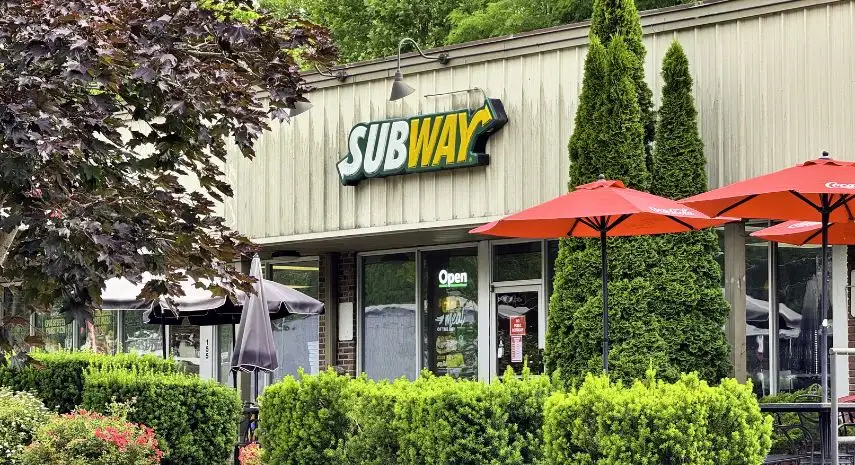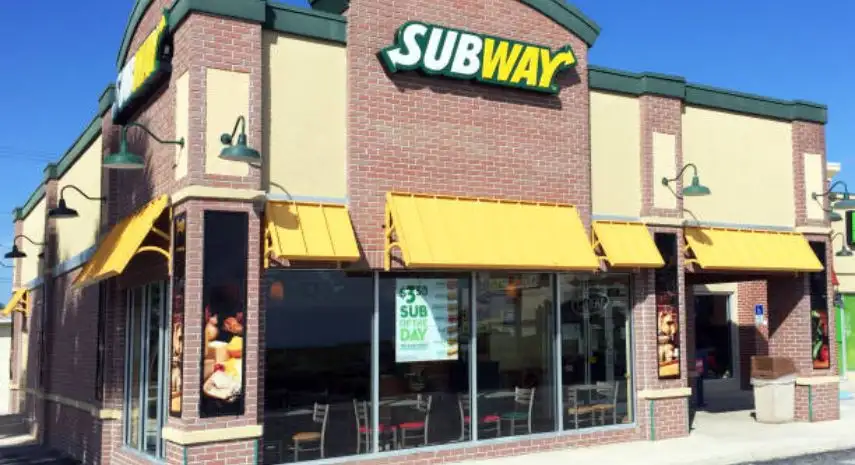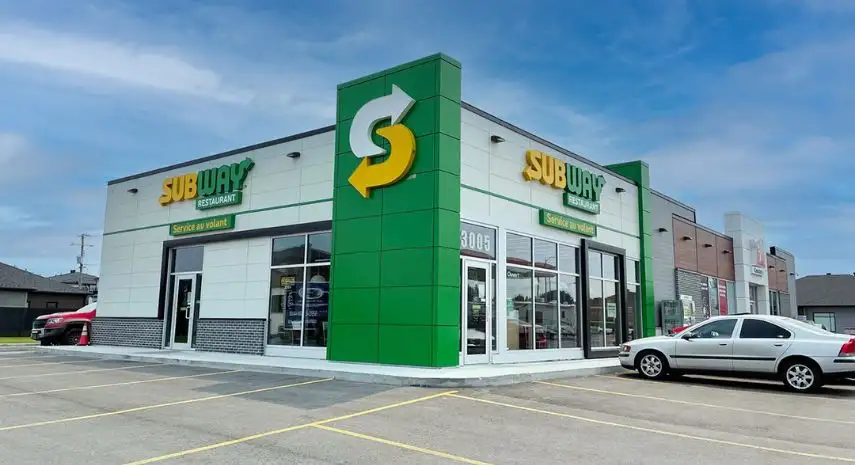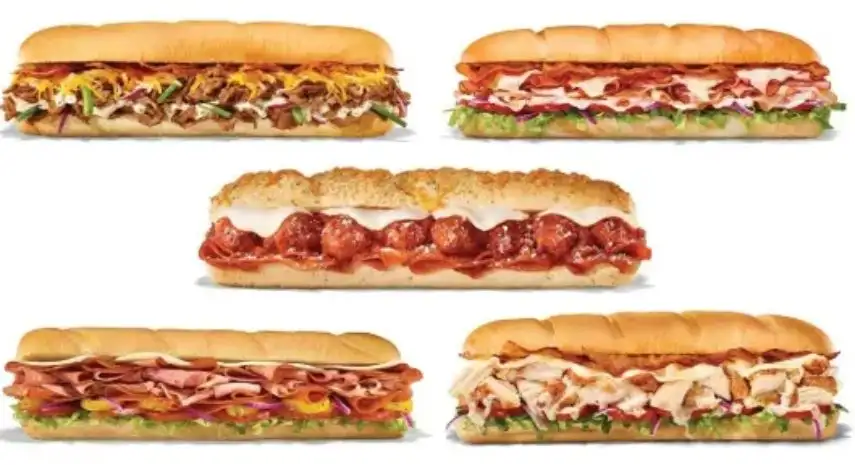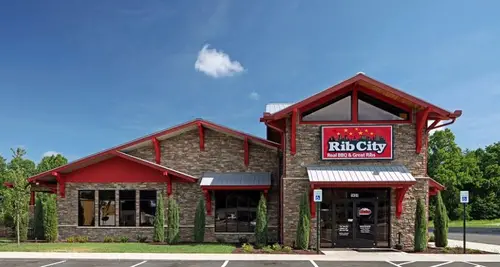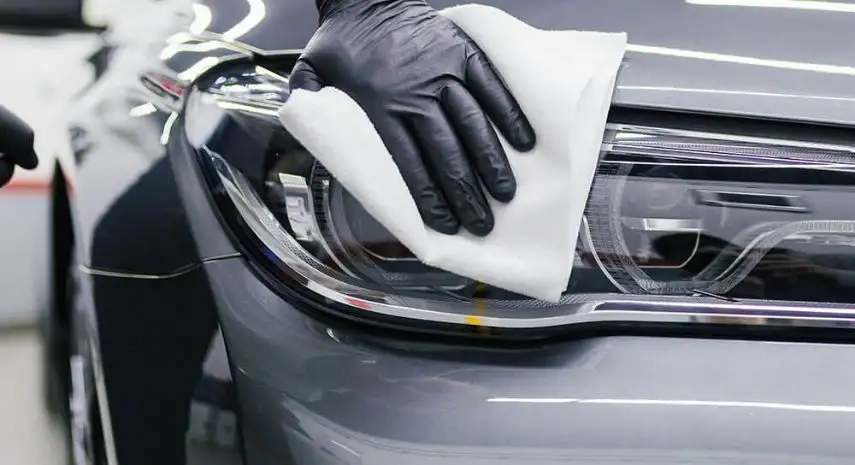Established
1965
Franchise Units
20000
Minimum Investment
$150,000
Franchise Fee
$10,000
Total Investment Range
$400,000
Home Based
No
Description
Subway is one of the most recognized and successful quick-service restaurant (QSR) franchises in the world, known for its fresh, customizable sandwiches and commitment to quality ingredients. Founded on the belief that fast food can be both convenient and healthy, Subway has built a loyal customer base across the globe with its “Eat Fresh” philosophy. With more than 36,000 locations worldwide, Subway remains one of the most accessible and affordable franchise opportunities in the food service industry.
In the USA, Subway continues to dominate the sandwich and sub category, serving millions of customers daily. The brand’s business model emphasizes simplicity, efficiency, and profitability — requiring minimal cooking, limited staff, and a strong focus on customer experience. Backed by a global supply chain, a proven operational system, and strong brand recognition, Subway offers entrepreneurs the chance to own a piece of one of the most established names in the restaurant business.
Why Invest in the Subway Franchise?
Investing in a Subway franchise means partnering with one of the most trusted and scalable brands in the quick-service restaurant segment. The franchise provides a balance of low overhead and high earning potential, supported by decades of operational experience and continuous menu innovation.
Subway’s streamlined operations, flexible store formats (from in-line spaces to non-traditional locations like airports and universities), and affordable entry costs make it attractive to both new and seasoned franchise investors. The brand’s global marketing reach, digital ordering platforms, and strong community presence give franchisees the tools to succeed in both established and emerging markets.
With a focus on innovation, Subway has introduced new menu items, store designs, and technology integrations — including mobile ordering and loyalty programs — to enhance the customer experience and increase franchise profitability.
Background
Established Year: 1965
Founders: Fred DeLuca and Dr. Peter Buck
Headquarters: Milford, Connecticut, USA
Industry Category: Quick-Service Restaurant (QSR), Sandwich & Fast-Casual Dining
Number of Franchise Units (Global): Over 36,000 locations in 100+ countries
Number of Franchise Units (USA): Approximately 20,000+
Subway’s story began in 1965 when Fred DeLuca, a 17-year-old with an entrepreneurial dream, borrowed $1,000 from family friend Dr. Peter Buck to open a small sandwich shop in Bridgeport, Connecticut. The pair aimed to serve high-quality, freshly prepared sandwiches at affordable prices — a concept that quickly gained popularity among locals.
By 1974, Subway had expanded to 16 stores and officially began franchising to fuel its growth. This decision transformed the company into a global powerhouse within the quick-service restaurant industry. Subway’s franchise model, focused on simplicity, operational efficiency, and low entry barriers, made it one of the most attractive opportunities for aspiring entrepreneurs.
Over the decades, Subway became synonymous with freshness and customization, pioneering the “build-your-own sandwich” concept. The brand grew rapidly across the United States and internationally, positioning itself as the world’s largest sandwich chain by store count.
Today, Subway is a household name with a strong presence in both traditional and non-traditional locations — including gas stations, airports, hospitals, schools, and convenience stores. The brand continues to innovate through new menu introductions, modernized restaurant designs, and technology-driven enhancements such as digital kiosks and mobile ordering.
Subway’s commitment to quality, health-conscious offerings, and community engagement has helped it remain a preferred choice for millions of consumers. Now owned by Roark Capital Group (as of 2023), Subway is entering a new era of expansion and modernization, focusing on stronger franchisee support, profitability, and brand revitalization in the U.S. market.
Support Training
Subway provides one of the most comprehensive support systems in the food franchise industry. Franchisees benefit from hands-on training, marketing support, and ongoing operational guidance to ensure long-term success.
Pre-Launch Support:
Assistance with site selection and lease negotiation
-
Store design, layout, and equipment planning
-
Vendor setup and supply chain onboarding
Initial Training:
Extensive classroom and in-store training covering daily operations, food preparation, and customer service
-
Guidance on staff hiring, scheduling, and management
-
Education on compliance with food safety and hygiene standards
Marketing Support:
National and regional advertising campaigns to drive brand awareness
-
Access to digital marketing resources and localized promotional materials
-
Participation in loyalty programs and mobile app promotions
Ongoing Support:
Regular business performance reviews and operational audits
-
Access to updated training materials and webinars
-
Dedicated field support and franchisee success teams
-
Research and development for new product launches and innovations
This multi-level support ensures franchisees are never alone in managing operations — from pre-opening preparations to scaling multiple locations.
Ideal Candidate
Subway seeks motivated individuals with:
-
Strong leadership and people management skills
-
A passion for customer service and community involvement
-
Business acumen and commitment to operational excellence
-
No restaurant experience is required, but it is a plus
-
Desire to be a hands-on operator or manage multiple locations
Financial Detail
| Category | Estimated Cost (USD) | Details & Notes |
|---|---|---|
| Total Investment Required | $150,000 – $400,000 | Includes build-out, equipment, initial inventory, and working capital. |
| Minimum Liquid Capital | $100,000 | Recommended to ensure financial stability and manage early operations. |
| Franchise Fee | $15,000 | One-time fee granting rights to operate under the Subway brand. |
| Royalty Fee | 8% of Gross Sales | Paid weekly based on net sales for ongoing brand and operational support. |
| Advertising Fee | 4.5% of Gross Sales | Contributes to national and regional marketing campaigns. |
| Average Store Size | 1,200 – 2,000 sq. ft. | Flexible store models available for in-line, end-cap, or non-traditional sites. |
| Leasehold Improvements & Equipment | $85,000 – $250,000 | Covers fixtures, signage, kitchen setup, and interior design. |
| Initial Inventory | $4,000 – $6,000 | Includes first stock of food, packaging, and supplies. |
| Working Capital | $30,000 – $50,000 | Required to manage operations for the first 3–6 months. |
| Technology & POS Systems | $5,000 – $10,000 | Covers setup of digital ordering systems and cashless payment tools. |
| Training & Pre-Opening Expenses | $10,000 – $20,000 | Covers franchisee and staff training, travel, and licensing costs. |
| Expected ROI (Return on Investment) | 2 – 3 Years | Based on operational efficiency and sales volume. |
| Break-Even Period | 12 – 24 Months | Typically achieved once the store establishes steady customer flow. |
| Revenue Streams | Multiple | Dine-in, takeout, online delivery, catering, and digital app sales. |

